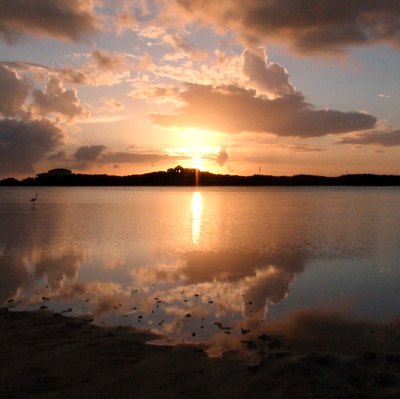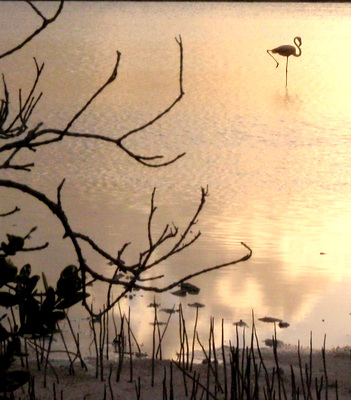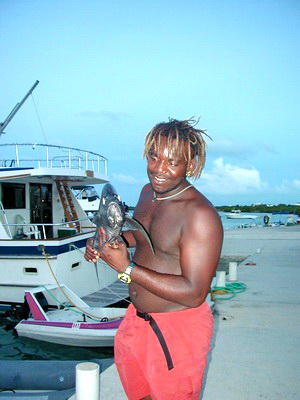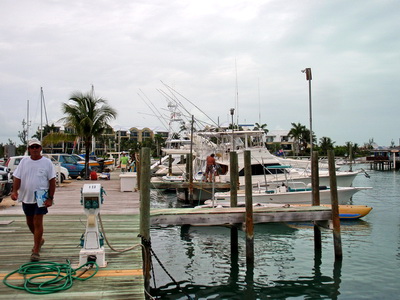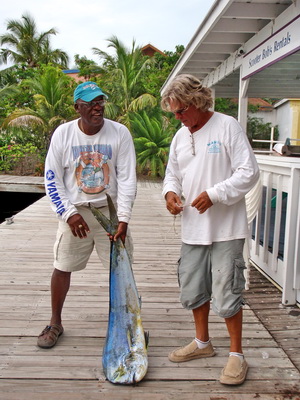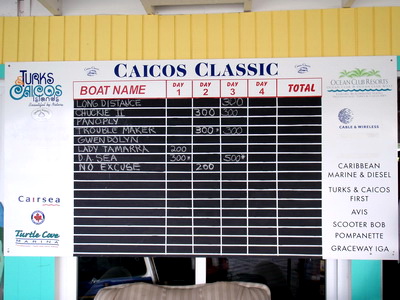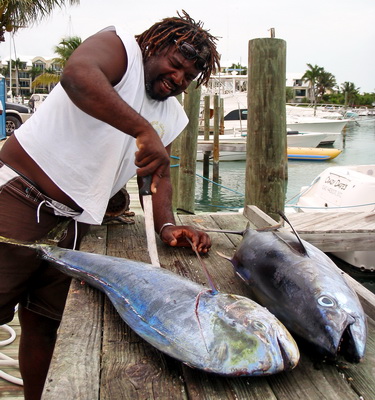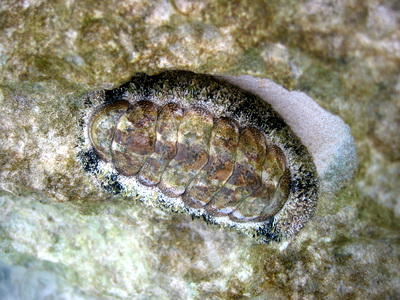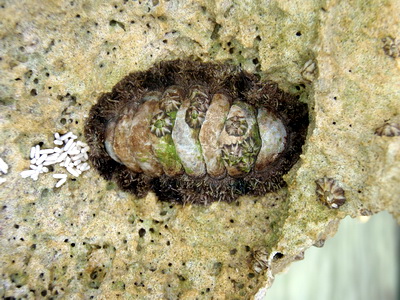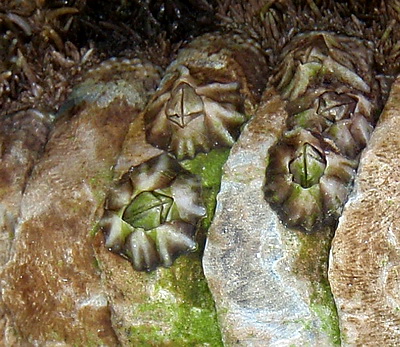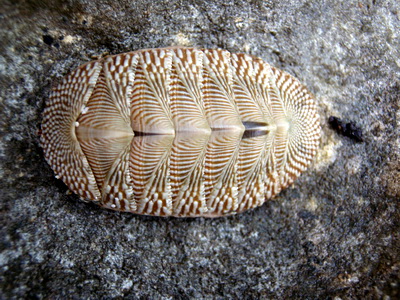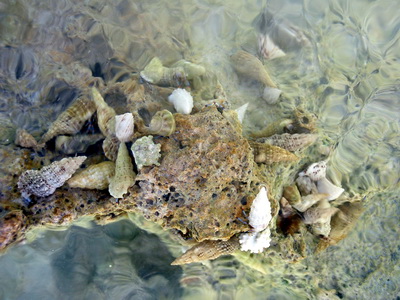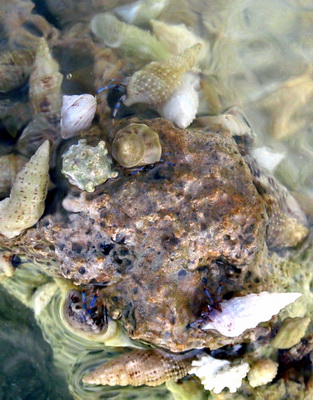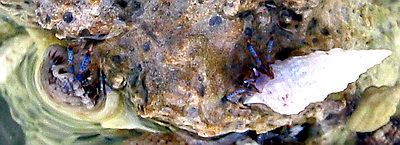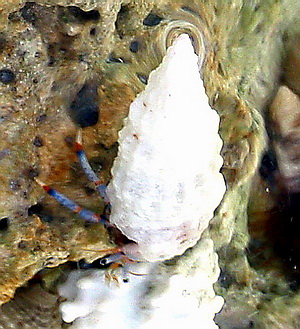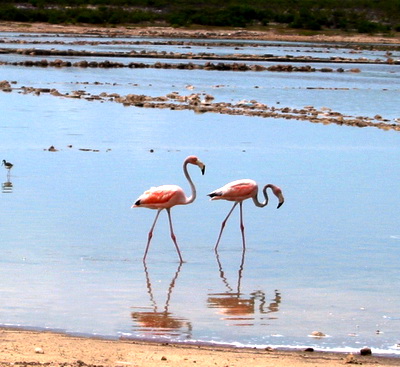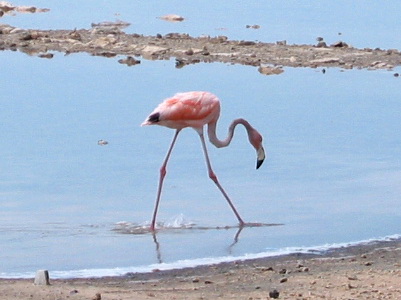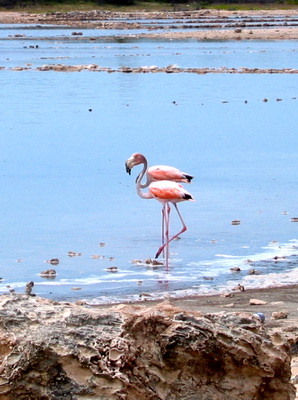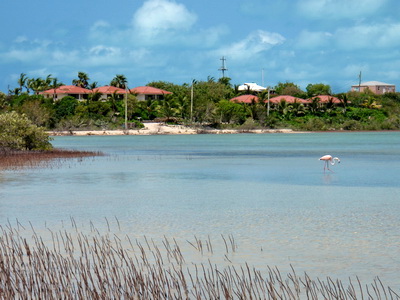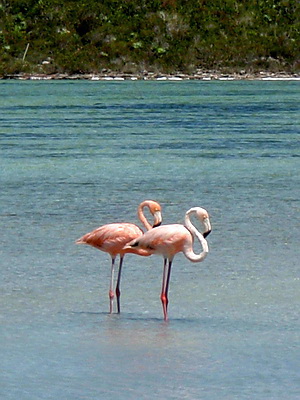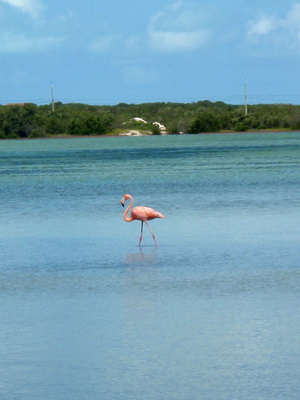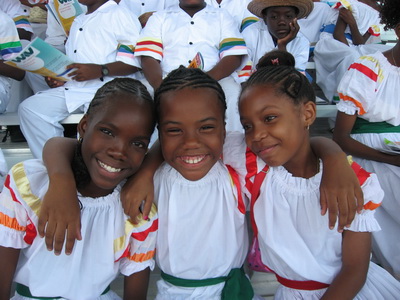
Sweet smiling island girls in their national dress
I love this photo………the girls are soooo cute with such beautiful smiles and dressed in their national costume. Up until 2002, we did not have a national dress representative of all the islands of the Turks and Caicos Islands. Our island ancestors wore basic and practical clothing reflecting a simple and humble lifestyle. An idea was born and developed by David Bowen with tremendous help from a group of dedicated people.
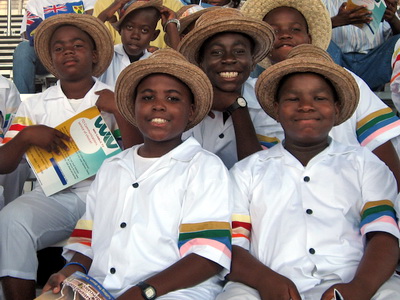
These handsome young boys were eager to smile for the camera
Colours were selected for each island: Red for Grand Turk representing the red/pink fruit of the national plant, the Turks Head Cactus; White for Salt Cay and the colour of salt; Orange for South and East Caicos showing off the colours of the spiny lobster and fish as well as the fishing industry in South Caicos; Tan for Middle Caicos and the natural colour of the island’s thatch that covered most of the early homes and roofs and today the colour represents the crafts of basket weaving, straw hats and brooms; Green for North Caicos and Parrot Cay where fruit trees and others flourish in the fertile soil along with Wades Green Plantation where cotton grew and flourished in days gone by; Turquoise for Providenciales, Pine Cay and West Caicos where the turquoise water surrounds us and contributes to bringing us our newest resource of tourism.
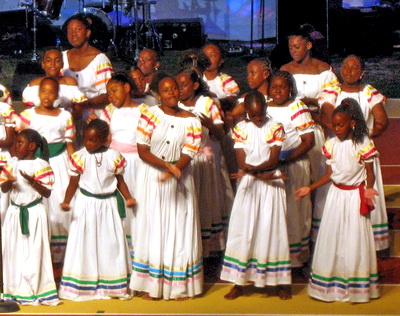
These young people perform folk songs in their national dress of white cotton with coloured bands representing each island.
Six colours were chosen for the main islands of the Turks and Caicos and two more for symbols of our national pride. Pink for the conch shell and our flamingos and Yellow, the colour of the sun shining down on our beautiful islands and cays and also the sun is a major factor in bringing us all our tourist visitors.
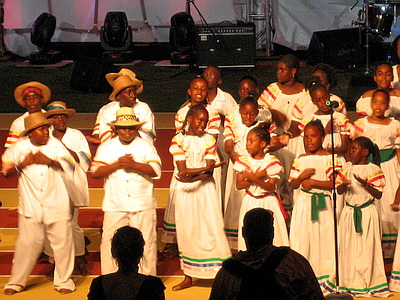
These girls and boys performed in their national dress at the Carifta Games held in Provo in 2007.
Each person proudly displays and wears their individual island colour …..the girls wear scarves and sashes in their islands’ corresponding colour and the boys have hat bands in the colour of their island home .
I found this information so very interesting and I hope you enjoy this as much as I enjoyed looking everything up.
When you are here in Provo make sure to find out if there are any cultural events or performances taking place.
Marta
http://www.harbourclubvillas.com

